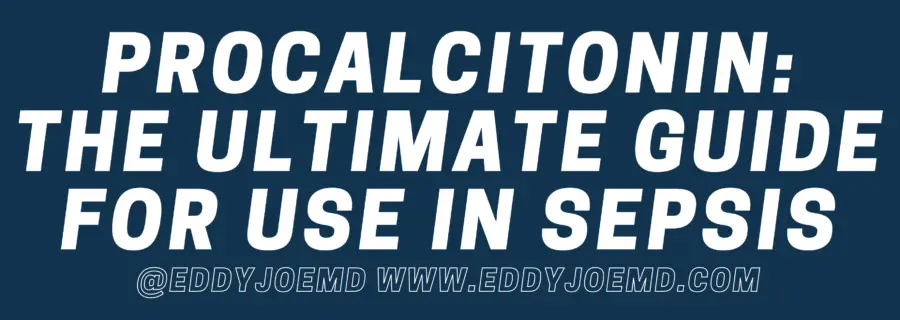It is my personal opinion that sepsis-induced cardiomyopathy has been under recognized and understudied. Our current practice pattern of starting patients on norepinephrine is good. But automatically going to vasopressin, then either phenylephrine or epinephrine as they continue to deteriorate overlooks the fact that they may have sepsis-induced cardiomyopathy. Going down the typical route we …
Continue reading Sepsis Induced Cardiomyopathy: A Forgotten Factor in Septic Shock








